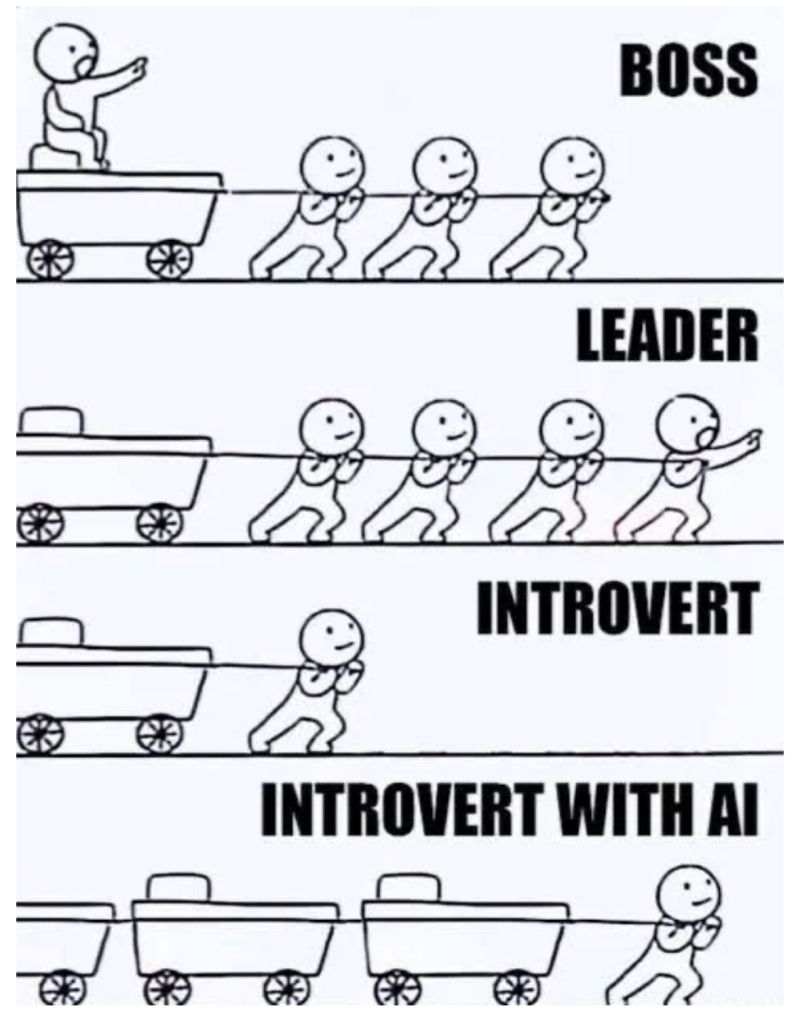AI's Impact on Startup Growth: Insights from Y Combinator

At Y Combinator's recent AI Founders Retreat in Sonoma, which gathered 300 of the most successful AI companies, a remarkable story emerged about how artificial intelligence is rewriting the rules of startup growth. The metrics shared weren't just impressive - they revealed a fundamental shift in what's possible for new companies in the AI era.
Historically, achieving 10% week-over-week growth was a benchmark reserved for the most successful startups - the rare unicorns like Airbnb. But something unprecedented happened in both the summer and fall batches last year: the entire cohort averaged this legendary growth rate. Even more striking, companies aren't slowing down after demo day. One startup went from zero to $12 million in revenue in just 12 months - a pace that would have seemed impossible just a few years ago.
"This is the first time no one's saying no. Everyone is saying yes and like more... there's just like unprecedented amounts of demand for just AI stuff," shared Box CEO Aaron Levie during his presentation at the retreat.
What's driving this extraordinary growth? According to the founders present, it's not just about technology - it's about unprecedented market demand. While previous technological shifts like cloud or mobile computing faced initial resistance from enterprise customers, AI is seeing immediate, enthusiastic adoption. Even Jamie Dimon's famous skepticism about cloud technology was cited as a contrast to today's enthusiasm for AI implementation.
One of the most fascinating revelations was how AI is changing who can build successful companies. A powerful meme shared at the event depicted the traditional image of leadership - a boss driving their team from behind - transformed into something new: a single individual, powered by AI, able to pull multiple carts simultaneously. This shift is particularly significant for technical, introverted founders who can now leverage AI to amplify their impact.

The discussions also surfaced a fascinating economic theory about the future of value, introducing two distinct types of economic activity: 'machine money' and 'human money'. As AI drives massive deflation in machine-produced goods and services, making them increasingly accessible, the value of uniquely human contributions is expected to skyrocket. This isn't just theory - it's already happening. Medical care, traditionally expensive and exclusive, is on track to become dramatically more accessible through AI, while uniquely human experiences like live music performances or beachfront property may become even more valuable.
"Once intelligence is truly on tap then it's actually a force multiplier for founders and people with really strong senses of agency - particularly the technical, introverted founders who can now accomplish what entire teams couldn't before."
Perhaps the most unexpected insight came during the technical sessions. While many focus on sophisticated models or elegant code, one founder revealed a surprising truth: their most valuable asset wasn't their codebase - it was their evaluation dataset. This revelation challenges the common perception that AI success is primarily about algorithmic innovation.
These insights point to a fundamental shift in how we think about technology and success in the modern era. Just as we once talked about living "above or below the API line" - where being below meant having your decisions determined by software rather than yourself - we're now seeing the emergence of an "AI line." Think of it like a highway that stretches infinitely in two directions: towards growth or towards obsolescence. Standing still isn't an option.
Imagine a Real Estate agent in today's market. The traditional role won't disappear entirely, but AI platforms are already transforming how clients find properties, evaluate markets, and handle paperwork. Agents who merely execute transactions - operating "below the AI line" - will see their value proposition steadily erode. However, those who harness AI to augment their uniquely human skills - market intuition, emotional intelligence, complex negotiation - are positioning themselves firmly above the line, where the opportunities for growth are exponential.
"The most valuable thing that our company has built is not the codebase, it's the eval set - a gold standard labeled set of data that ensures our AI performs correctly. That's our real moat."
The implications are profound. We're witnessing the emergence of a new playbook for success. Companies are achieving more with smaller teams, finding success faster, and building sustainable businesses in ways that weren't possible before. The democratizing nature of AI means that individuals and small teams, armed with the right tools and understanding, can now build solutions that would have required massive teams and resources just a few years ago.